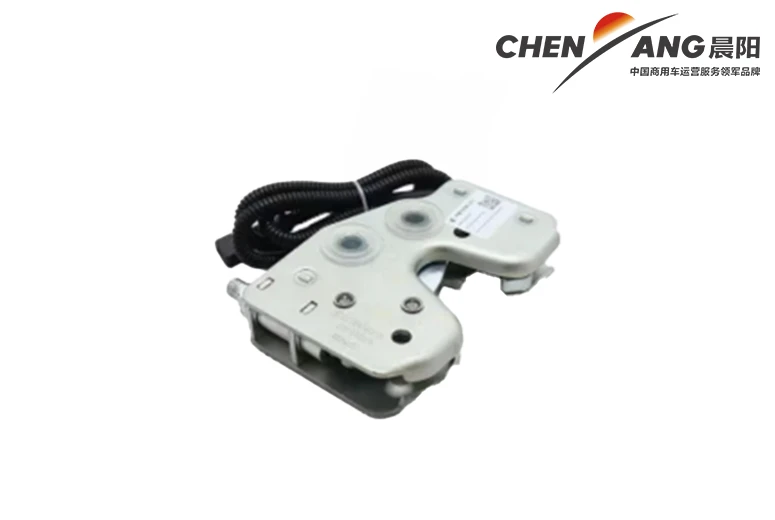right oil for your car
Choosing the Right Oil for Your Car
When it comes to maintaining your vehicle, one of the most crucial aspects is selecting the right oil. Engine oil plays a vital role in ensuring the smooth operation of your car. It lubricates the engine components, reduces friction, helps in cooling the engine, and prevents the buildup of sludge and deposits. With so many options available in the market, choosing the right oil can be a daunting task. This article aims to guide you through the process of selecting the right oil for your car.
Understanding Motor Oil Types
Motor oil is primarily classified into three main categories conventional, synthetic, and semi-synthetic.
1. Conventional Oil This is the most basic motor oil derived from crude oil. It is suitable for older vehicles and engine designs that do not require advanced lubrication systems. However, it does not offer the same level of performance and protection as synthetic oils, especially in extreme driving conditions.
2. Synthetic Oil Synthetic oils are engineered to provide superior lubrication and protection. They are designed for high-performance engines and extreme driving conditions. Synthetic oils resist breakdown better than conventional oils and typically have a longer lifespan, meaning fewer oil changes over time. This option is ideal for newer vehicles or those subjected to severe driving conditions like heavy towing or extreme temperatures.
3. Semi-Synthetic Oil This type is a blend of conventional and synthetic oils, providing a middle ground in terms of performance and cost. Semi-synthetic oil offers better protection than conventional oil but is not as high-performing as fully synthetic oil. It is a good option for drivers looking for a balance between cost and performance.
Viscosity Ratings
Motor oils are also categorized based on their viscosity, which indicates how easily the oil flows at different temperatures. The Society of Automotive Engineers (SAE) has established a scale to measure oil viscosity. The most common designations are 5W-30, 10W-40, etc. The number before the W (which stands for winter) refers to the oil's flow at low temperatures, while the number after represents its flow at high temperatures.
Choosing the correct viscosity is essential as it ensures that the oil can protect the engine at all temperatures your vehicle may encounter. Always refer to your car's owner manual for the manufacturer's recommended viscosity.
right oil for your car

Oil Change Intervals
Another crucial aspect of maintaining your vehicle is adhering to oil change intervals. While conventional oils generally require changes every 3,000 to 5,000 miles, synthetic oils may last 7,500 to 15,000 miles or longer. However, driving habits, climate conditions, and the type of oil used can all influence these intervals. Regularly check your oil level and condition and always follow the manufacturer’s guidelines for oil change frequency.
Additional Considerations
When selecting the right oil, consider the following
- API Certification Look for oils that comply with the American Petroleum Institute (API) standards. The API certification mark indicates that the oil meets specific quality standards and is suitable for your vehicle.
- Manufacturer Recommendations Always refer to your car's owner manual. The manufacturer provides specific recommendations for oil type and viscosity, which should be followed for optimal performance.
- Driving Conditions If you drive in severe conditions—such as extreme temperatures, heavy traffic, or towing—it may be worth investing in synthetic oil for better protection and longevity.
- Personal Preferences Some drivers may prefer synthetic oils for their superior performance, even if their vehicle doesn’t strictly require them. Consider your driving habits and personal preferences when selecting oil.
Conclusion
Choosing the right oil for your car is fundamental to extending its lifespan and maintaining optimal performance. By understanding the different types of oil, viscosity ratings, and manufacturer recommendations, you can make an informed decision that suits your vehicle's needs. Regular oil changes and attention to the type of oil you use are essential components of good vehicle maintenance. Remember, the right oil is not just about keeping your engine running; it’s about ensuring your car runs smoothly, efficiently, and reliably for years to come.
-
SINOTRUK HOWO 84 Electric Dump Truck for Eco-Friendly Heavy HaulingNewsJul.26,2025
-
The Fast 16-Gear Manual Transmission Assembly for Heavy TrucksNewsJul.25,2025
-
Mercedes Benz Actros 1848 42 Tractor Truck for Sale - Reliable PerformanceNewsJul.24,2025
-
High-Quality Water Pump Assembly for Sinotruk Trucks – Durable & ReliableNewsJul.23,2025
-
Premium Truck Engine Antifreeze Coolant Fluid for Heavy Duty VehiclesNewsJul.22,2025
-
FOTON View G7 Mini Bus: Affordable & Spacious TransportNewsJul.22,2025
Popular products

























